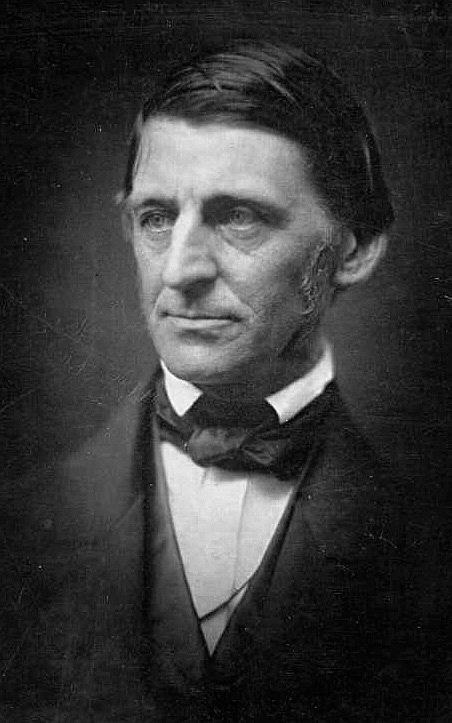The views expressed in our content reflect individual perspectives and do not represent the authoritative views of the Baha'i Faith.
All men desire peace, but very few desire those things that lead to peace. – Thomas á Kempis
The cause of peace is a very great cause; it is the cause of God, and all the forces of the world are opposed to it. Governments for instance, consider militarism as the step to human progress, that division among men and nations is the cause of patriotism and honor, that if one nation attack and conquer another, gaining wealth, territory and glory thereby, this warfare and conquest, this bloodshed and cruelty are the cause of that victorious nation’s advancement and prosperity. This is an utter mistake. – Abdu’l-Baha, Foundations of World Unity, p. 100
…the abolition of war is not simply a matter of signing treaties and protocols; it is a complex task requiring a new level of commitment to resolving issues not customarily associated with the pursuit of peace…. For, in essence, peace stems from an inner state supported by a spiritual or moral attitude, and it is chiefly in evoking this attitude that the possibility of enduring solutions can be found. – The Universal House of Justice, The Promise of World Peace.
Humanity’s great dream of peace usually simply envisions an end to war.
If all those soldiers would just stop fighting and shooting, and all those planes would refrain from dropping their bombs, we could have peace—right?
No, the Baha’i teachings say–a temporary cessation of hostilities doesn’t mean we’ve achieved a permanent peace. Instead, Baha’is believe that peace comes from an inner state of the human spirit “supported by a spiritual or moral attitude.” In other words, peace begins at home, in our own hearts and souls, with the cultivation, growth and maturation of inner peace. Unless a critical mass of humanity can attain that inner peace, the aggressive and hostile conditions that lead to war will continue—and war will continue, too.
This idea, of course, doesn’t solely belong to the Baha’is. Recommended and recognized by many of the world’s great leaders and peacemakers, the concept that inner peace leads to outer peace has begun to permeate the thinking of many individuals and groups:
Nothing can bring you peace but yourself. – Ralph Waldo Emerson, Self-Reliance, 1844.
Many people today agree that we need to reduce violence in our society. If we are truly serious about this, we must deal with the roots of violence, particularly those that exist within each of us. We need to embrace ’inner disarmament,’ reducing our own emotions of suspicion, hatred and hostility toward our brothers and sisters. – The Dalai Lama XIV, 2009.
The first peace, which is the most important, is that which comes within the souls of people when they realize their relationship, their oneness, with the universe and all its powers, and when they realize that at the center of the universe dwells Wakan-Tanka, and that this center is really everywhere, it is within each of us. This is the real peace, and the others are but reflections of this. The second peace is that which is made between two individuals, and the third is that which is made between two nations. But above all you should understand that there can never be peace between nations until there is known that true peace, which, as I have often said, is within the souls of men. – Black Elk, Oglala Sioux spiritual leader, 1953.
There is a certain kind of peace that is not merely the absence of war. It is larger than that. The peace I am thinking of is not at the mercy of history’s rule, nor is it a passive surrender to the status quo. The peace I am thinking of is the dance of an open mind when it engages another equally open one. – Toni Morrison, 1995.
It isn’t enough to talk about peace. One must believe in it. And it isn’t enough to believe in it. One must work at it. – Eleanor Roosevelt, 1951.
The Baha’i teachings discuss global peace and the cessation of violence and hostility between nations and peoples more than the scriptures of any other world Faith; so they’re literally filled with wise perspectives and insights on developing a lifelong, personal commitment to peace. If we want world peace, those teachings tell us, we can individually do our best to bring it about by working on these five prerequisites first:
Hope, which goes along with the faith that we are fundamentally peaceful beings,
A deep, active individual commitment to the oneness of humanity,
Full equality for women,
An end to racial prejudice; and finally,
The development of inner peace and the recognition of a spiritual power greater than ourselves.
So please follow along in this series of essays as we examine what it takes to create and sustain a sense of inner peace. We’ll explore this powerful concept of a personal prelude to peace, and try to get some sense of what those inner prerequisites for peace might look like. And we’ll attempt to answer this vitally important question: what can each of us do as individuals to help create the conditions necessary for peace in the world?
There is not one soul whose conscience does not testify that in this day there is no more important matter in the world than that of Universal Peace. – Abdu’l-Baha, Foundations of World Unity, p. 27.

















Comments
Sign in or create an account
Continue with Googleor